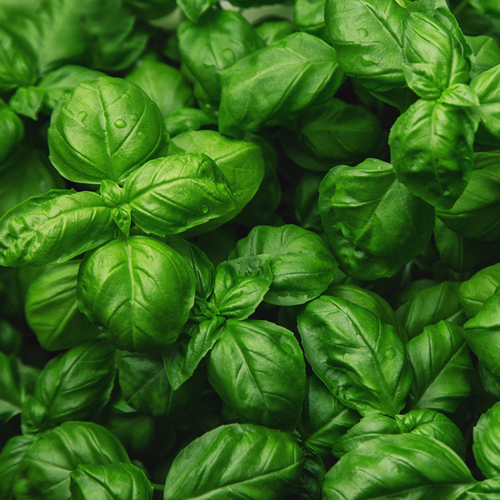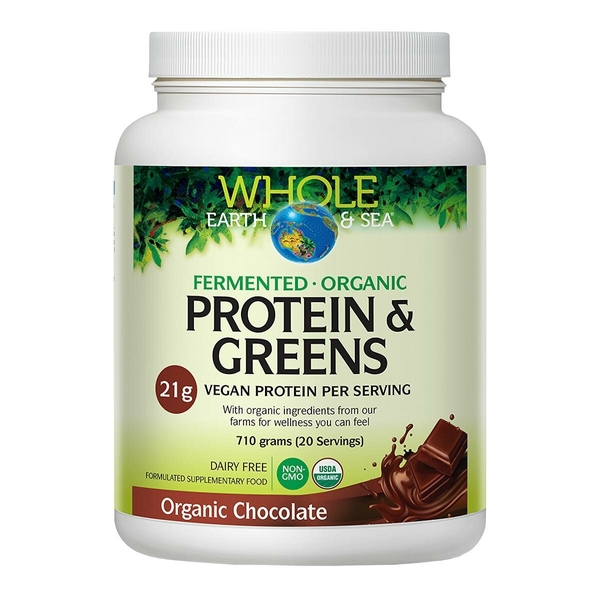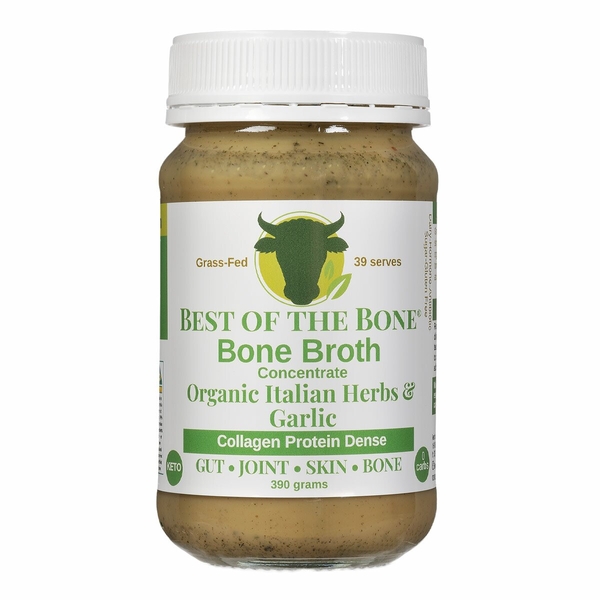
Background
Basil is commonly used for stomach problems such as spasms, loss of appetite, intestinal gas, diarrhea, constipation, and many other conditions, but there is no good scientific evidence to support these uses.
In foods, basil is used for flavor.
Safety Safety definitions
When applied to the skin: Basil essential oil is POSSIBLY SAFE when applied to the skin in concentrations of up to 6% for 12 weeks.
When inhaled as aromatherapy: There isn't enough reliable information to know to know if basil is safe or what the side effects might be.
Special Precautions & Warnings:
Pregnancy and breast-feeding: Basil is LIKELY SAFE for pregnant and breast-feeding women in food amounts. But larger medicinal amounts are POSSIBLY UNSAFE. Basil contains a chemical, estragole, which has caused liver cancer in laboratory mice.Children: Basil is LIKELY SAFE for children in food amounts. But larger medicinal amounts are POSSIBLY UNSAFE. Basil contains a chemical, estragole, which has caused liver cancer in laboratory mice.
Bleeding disorders: Basil oils and extracts might slow blood clotting and increase the risk of bleeding in people with bleeding disorders.
Low blood pressure: Basil extracts might lower blood pressure. In theory, taking basil extracts might make blood pressure become too low in people with low blood pressure.
Surgery: Basil oils and extracts might slow blood clotting. In theory, basil oils or extracts might increase the risk of bleeding during surgical procedures. Stop using basil at least 2 weeks before a scheduled surgery.
Effectiveness
- Migraine. Early research shows that applying basil essential oil to the forehead and temples every 8 hours can reduce migraine pain by a small amount in some people.
- Acne.
- Mental alertness.
- Loss of appetite.
- Common cold.
- Constipation.
- Diarrhea.
- Gas (flatulence).
- Insect bites.
- Kidney disorders.
- Infection of the intestines by parasites.
- Warts.
- Other conditions.
Dosing & administration
Interactions with pharmaceuticals
Medications for high blood pressure (Antihypertensive drugs)
Interaction Rating=Moderate Be cautious with this combination.
Basil extract might decrease blood pressure in some people. Taking basil extract along with medications used for lowering high blood pressure might cause your blood pressure to go too low. Do not take too much basil if you are taking medications for high blood pressure.
Some medications for high blood pressure include captopril (Capoten), enalapril (Vasotec), losartan (Cozaar), valsartan (Diovan), diltiazem (Cardizem), amlodipine (Norvasc), hydrochlorothiazide (HydroDIURIL), furosemide (Lasix), and many others.
Medications that slow blood clotting (Anticoagulant / Antiplatelet drugs)
Interaction Rating=Moderate Be cautious with this combination.
Basil oils and extracts might slow blood clotting. Taking basil oils or extracts along with medications that also slow clotting might increase the chances of bruising and bleeding.
Some medications that slow blood clotting include aspirin, clopidogrel (Plavix), dalteparin (Fragmin), enoxaparin (Lovenox), heparin, ticlopidine (Ticlid), warfarin (Coumadin), and others.
Interactions with herbs & supplements
Herbs and supplements that might slow blood clotting: Using basil oil or extracts along with other herbs and supplements that can slow blood clotting might increase the risk of bleeding in some people. Some of these herbs and supplements include angelica, clove, danshen, feverfew, fish oil, garlic, ginger, ginkgo, Panax ginseng, horse chestnut, red clover, turmeric, vitamin E, and others.
Interactions with foods
Action
Products
View all products- Ocimum basilicum (Basil)
- Pea protein concentrate
- Oryza sativa (Rice protein)
- Hordeum vulgare
- Wheatgrass powder
- Amaranth powder
- Quinoa powder
- Medicago sativa
- Malus (Apple)
- Vaccinium corymbosum
- Vaccinium macrocarpon
- Daucus carota powder (Carrot)
- Coriandrum sativum
- Petroselinum crispum
- Cynara scolymus
- Raphanus raphanistrum (Wild radish)
- Taraxacum officinale
- Brassica oleracea var. acephala (leaf) powder (Kale)
- Apium graveolens
- Beta vulgaris
- Spinacia oleracea (Spinach)
- Lycopersicon esculentum (Tomato)
- Brassica oleracea var. italica
- Armoracia rusticana
- Brassica oleracea var. viridis
- Nasturtium officinale
- Piper nigrum
- Mentha spicata
- Theobroma cacao (Cocoa powder)
- Natural flavours
- Malpighia glabra ext. dry
- Cordyceps sinensis
- Ganoderma lucidum
- Lentinula edodes
- Grifola frondosa
- Trametes versicolor
- Cannabis sativa (seed) powder
- Agaricus subrufescens
- Stevia rebaubiana






